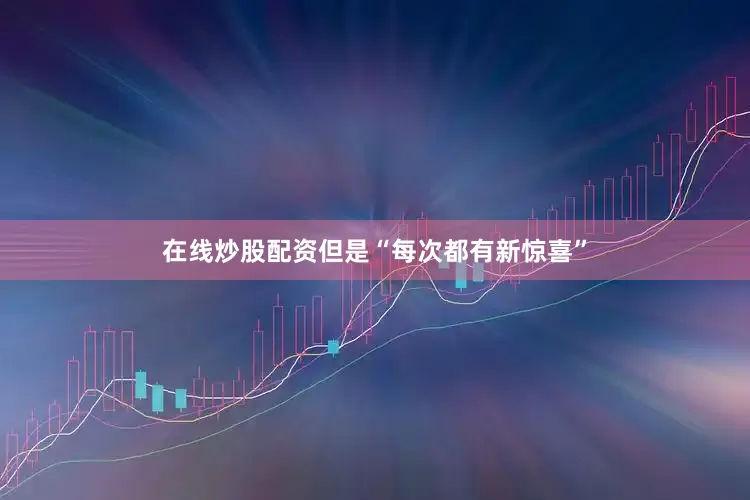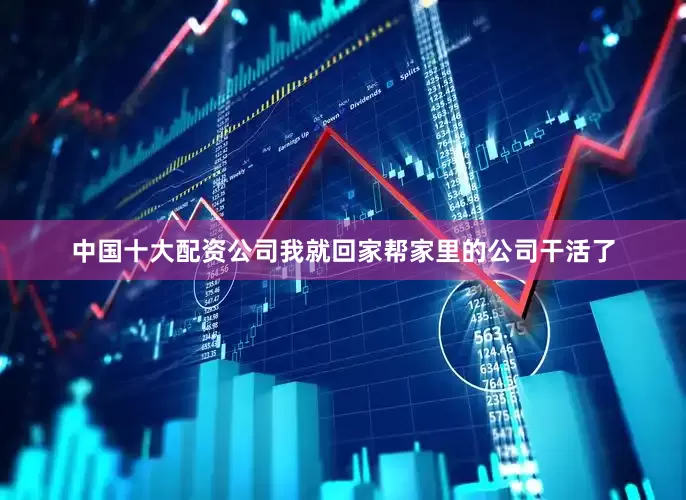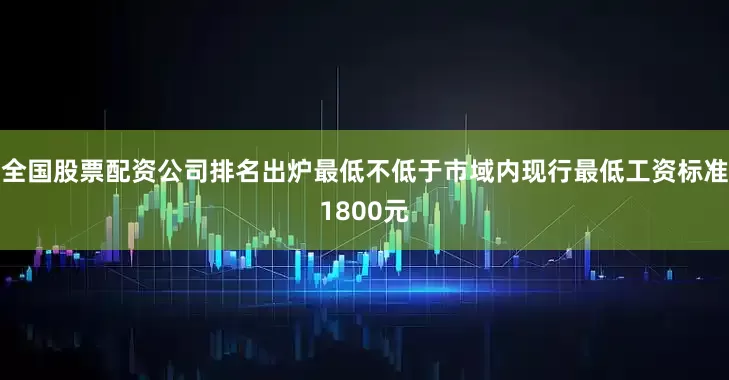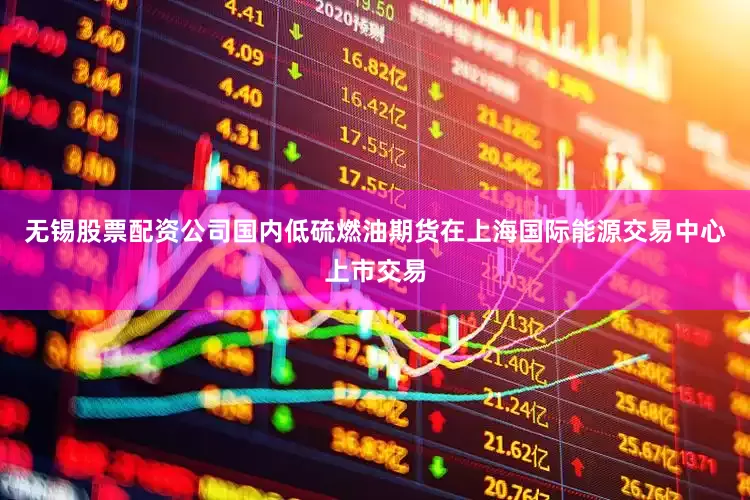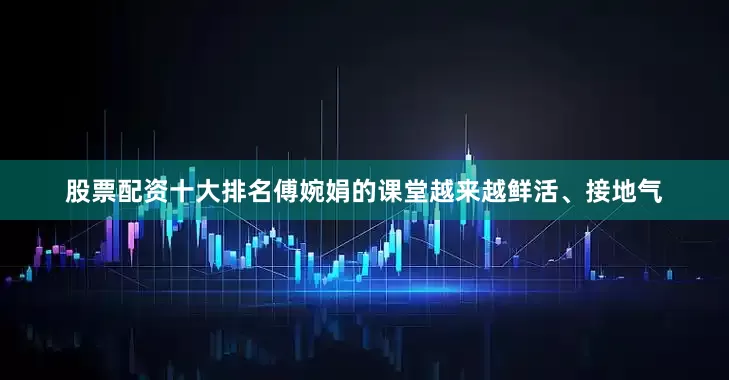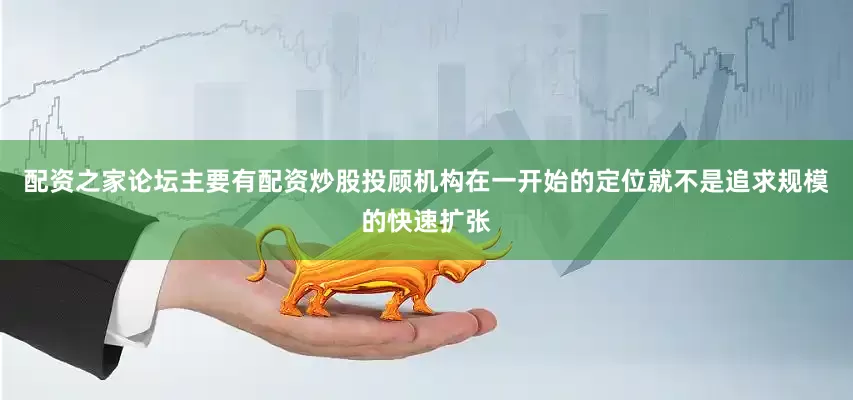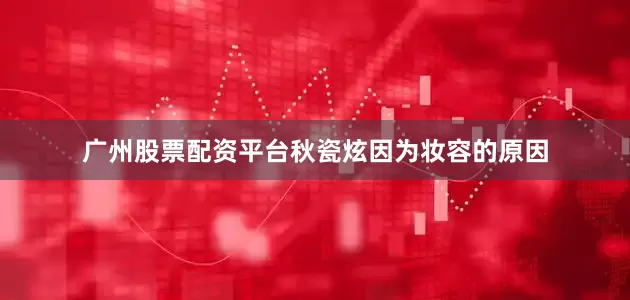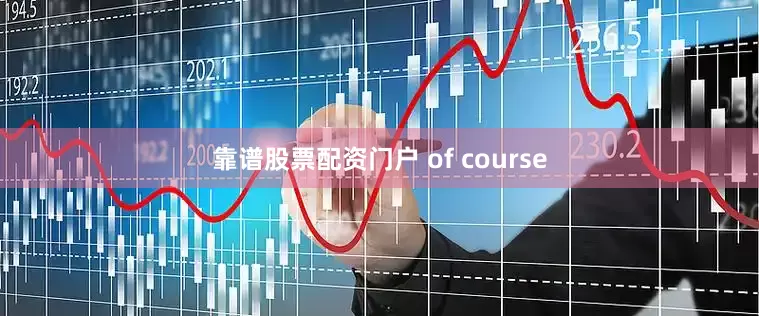
SFC Correspondent Zheng Qingting, Intern Fan Shuqing in Beijing
As China remains South Africa’s largest trading partner, and South Africa holds its position as China’s biggest partner in Africa, the two countries are deepening economic cooperation across trade, investment, and industrial development, according to Mr. M.M. Basadien, Chargé d’Affaires a.i. of the South African Embassy in Beijing.
In an exclusive interview with SFC, Basadien credited the “All-Round Strategic Cooperative Partnership in a New Era” between China and South Africa as a strong political foundation underpinning bilateral economic growth. “There are close party-to-party ties and robust diplomatic engagement that have created favorable conditions for our economic relationship, which is now gaining strong momentum,” he said.
展开剩余90%While South Africa’s exports to China remain dominated by minerals, metals, and agriculture, Basadien said efforts are underway to push more manufactured goods into the Chinese market. “Initiatives like inward buying missions are not just about raw materials, but also about showcasing South African industrial capabilities,” he added.
On the investment front, Basadien highlighted the growing presence of Chinese companies in South Africa, especially in manufacturing and automotive sectors. “Chinese car brands are increasingly visible on South African roads,” he noted, attributing their popularity to affordability and quality. Looking ahead, he expressed hope that full-scale vehicle manufacturing facilities will become a key focus of Chinese investment.
SFC Markets and Finance: China is South Africa’s largest trading partner and South Africa is China’s largest in Africa. How would you assess the robust growth in bilateral trade in recent years, and what is your outlook for its continued expansion?
Basadien: First and foremost, one needs to recognize that South Africa has an All-Round Strategic Cooperative Partnership in a New Era with China. Because of the very strong political relationship between the two countries, a solid foundation has been established—including close party-to-party ties—which has created favorable conditions for the growth of economic cooperation. This relationship is currently at a healthy level of development and continues to gain momentum.
From a bilateral perspective, key priority areas include export diversification and critical sectors such as infrastructure and energy cooperation, advanced through mechanisms like FOCAC, BRICS, and other multilateral platforms. Our bilateral economic ties have shown considerable diversity. China has been South Africa’s largest trading partner since 2009, and South Africa has been China’s largest trading partner in Africa since 2010.
There are strong synergies in how we collaborate with China, especially in trade. We have promoted initiatives such as inward buying missions—not only focusing on exporting raw materials, but also on promoting South African manufactured goods in the Chinese market. South Africa’s main exports to China remain minerals, metals, and agricultural products, while imports include electronics, textiles, equipment, automotive products, clothing, and other manufactured goods.
Looking ahead, I foresee continued expansion in bilateral trade, with significant room for growth, particularly if South Africa succeeds in diversifying its export basket. Economic growth, of course, also depends heavily on investment. We are now exploring new areas such as electric vehicles. All these initiatives are supported by the Bi-National Commission, strategic dialogue, and people-to-people exchange mechanisms, which together serve as key platforms for advancing South Africa’s economic development in cooperation with China.
SFC Markets and Finance: South Africa has long been a major destination for Chinese investment in Africa. What emerging trends have you observed in this investment, particularly in the manufacturing sector?
Basadien: The South African Government acknowledges the importance of China’s trade and investment with South Africa. China has provided significant impetus to our economic growth through various investments and efforts to address the existing trade imbalance. Indeed, we have welcomed heightened Chinese investment in strategic areas such as mining, energy infrastructure, logistics infrastructure, agriculture, health, finance, communications, and manufacturing.
We’re also grateful for the growing mutual trust between our countries, best illustrated by the large Chinese community residing in South Africa and the presence of over 180 prominent Chinese businesses operating locally, such as the Beijing Automotive International Corporation: South Africa (BAIC: SA) that are already invested and successfully operating within our economy.
BAIC which invested in Gqeberha, has launched a new truck assembly. To align with greenfield project provisions, BAIC has requested a three-year exemption from BBBEE-level requirements to access the Automotive Production and Development Programme (APDP) once its South African CKD production begins.
From a manufacturing perspective—especially in the automotive industry—we’ve seen exceptional progress. South Africa hosts numerous assembly plants, but we are now also looking to attract full-scale manufacturing facilities. As one representative from our Department of Trade and Industry pointed out—and I’ve seen it firsthand—Chinese cars dominate our roads. South Africans are choosing them not only for their quality but also for their affordability and competitive pricing compared to traditional long-established brands. This makes the automotive sector a key area for further development.
In the textile industry, however, there is still room for improvement. Notably, long-term Chinese investors in South Africa—many of whom have been very successful—are now looking to give back by encouraging new investment in manufacturing, particularly textiles and related industries.
SFC Markets and Finance: The U.S. President Trump’s reciprocal tariffs have raised global concern. What effects might these measures have on South Africa’s exports and overall economy, and how could South Africa try to mitigate this negative impact?
Basadien: The tariffs situation is still under assessment by the South African Government, and desire to engage the U.S. administration.
SFC Markets and Finance: The IMF’s latest forecast warns of potential headwinds for South Africa’s economy. How would you evaluate its growth prospects over the coming years?
Basadien: One very important point to note is that the current challenges are not affecting South Africa alone—they are having a global impact. According to the South African Reserve Bank, the world economy is currently experiencing extremely high levels of uncertainty. Trade tensions have escalated, and long-standing geopolitical relationships are shifting abruptly. Under these conditions, the global economic outlook is highly unpredictable.
The economic outlook for South Africa in 2025 includes the following key points: Initially, the South African Reserve Bank forecasted economic growth of nearly 2% in 2025, however, this projection was downscaled to 1.7% due to unpredictable trade disruptions. This adjustment is slightly consistent with the projection by the African Development Bank which predicted annual GDP growth at 1.6% in 2025. The International Monetary Fund estimates GDP growth at 1.5%, reflecting cautious optimism amid global challenges.
You may recall that in September 2024, President Cyril Ramaphosa paid a 2nd State Visit to China. During the visit, he called consistently for increased foreign direct investment from China into South Africa’s economy. We acknowledge the importance of China’s trade and investment with South Africa and Africa, and we sincerely appreciate the Chinese companies that have already invested, as well as those expressing interest in doing so.
What I would like to emphasize is that South Africa is a highly resilient country, with a rich historical legacy. It has faced many challenges over time, yet it has consistently emerged stronger. We are confident that, through negotiation and diplomatic engagement with key global stakeholders, we can find constructive and amicable solutions to the current circumstances.
Chief Producer: Zhao Haijian
Supervising Producer: Shi Shi
Editor: Li Yinong
Reporter: Zheng Qingting, Intern Fan Shuqing
Videographer: Intern Fan Shuqing
Video Editor: Li Qun
New Media Coordination: Ding Qingyun, Zeng Tingfang, Lai Xi, Huang Daxun
Overseas Operations Supervising Producer: Huang Yanshu
Overseas Content Coordinator: Huang Zihao
Overseas Operations Editors: Zhuang Huan, Wu Wanjie, Long Lihua
Produced by: Southern Finance Omnimedia Group
发布于:广东省深圳十大配资公司提示:文章来自网络,不代表本站观点。
